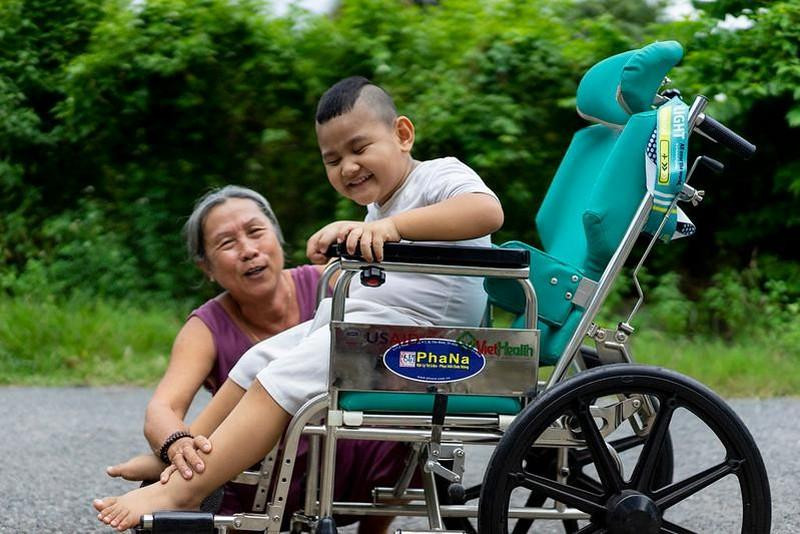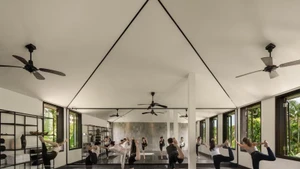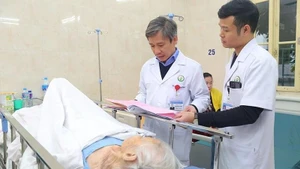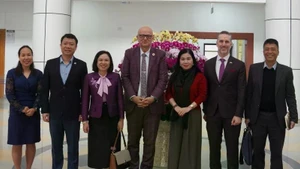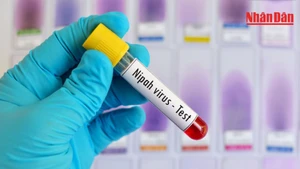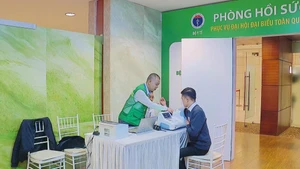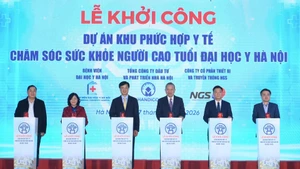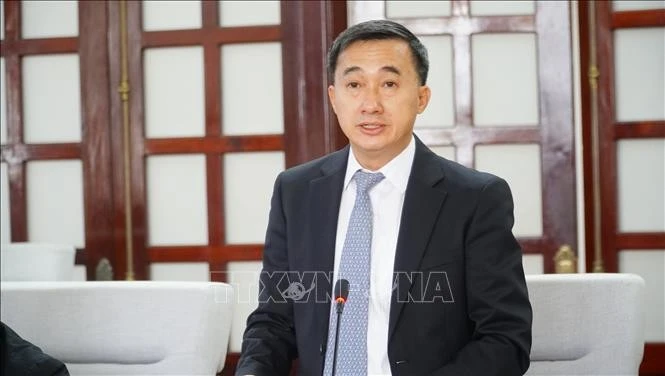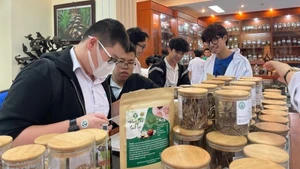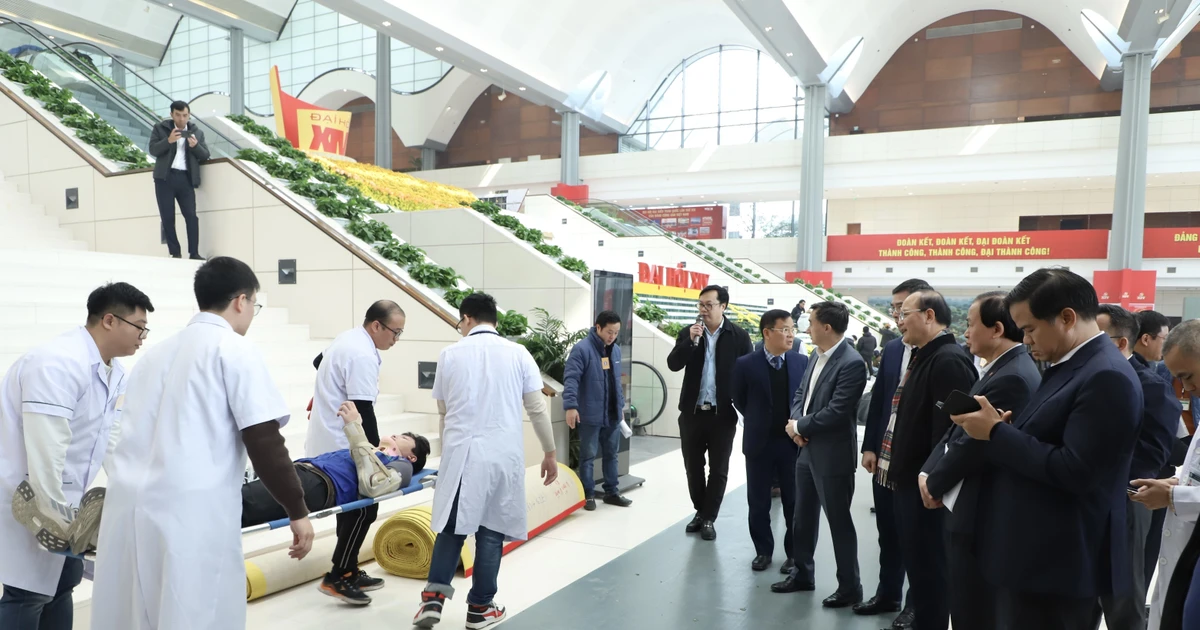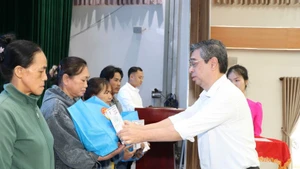On December 8, the US Agency for International Development (USAID) marked the end of a project that has made significant improvements in early childhood disability detection and support in the three southern provinces of Tay Ninh, Binh Phuoc and Dong Nai.
The accomplishments of the six-year effort under USAID’s Disabilities Integration of Services and Therapies Network for Capacity and Treatment (DISTINCT) project were highlighted at a ceremony in Dong Xoai attended by representatives of Vietnam’s Ministry of Health and National Committee for Persons with Disabilities, national agencies and ministries, project implementing partners VietHealth and the Medical Committee Netherlands-Vietnam, and other key partners and stakeholders.
USAID Vietnam Director Aler Grubbs said that on the heels of the International Day of Persons with Disabilities, USAID congratulates all DISTINCT’s partners for our collective success in improving the quality of life for children with disabilities.
Children are the future, and the US is a committed partner of Vietnam in brightening their lives, emphasised the USAID Vietnam director.
For children under 6 years old, early disability detection and support—including medical care, rehabilitation and special education—reduces the severity of their disabilities in the long run as well as the overall severe disability prevalence in the population.
However, prior to the start of USAID’s project in 2015, the provinces of Tay Ninh, Binh Phuoc and Dong Nai did not have a system in place to provide such services, leaving caregivers to seek what care and support they could at provincial hospitals.
USAID has helped the three provinces to begin providing these crucial early childhood health services, including in schools and health centres, thus making them more accessible. The project also supported the creation of 18 therapy and resource rooms in the community.
USAID directly supported nearly 5,000 children identified for follow-up through the newly established provincial screening system by providing them with rehabilitation services such as physical and speech therapies, school and home-based special education, and assistive devices.
The project also expanded Vietnam’s rehabilitation workforce by helping create Vietnam’s first Bachelor’s and Master’s of Rehabilitation degree programs, with a specialisation in speech and language therapy, from which the first students graduated this year. USAID also trained more than 3,000 early childhood educators and caregivers in special education, and more than 2,000 healthcare workers and caregivers on physical and speech therapy.
